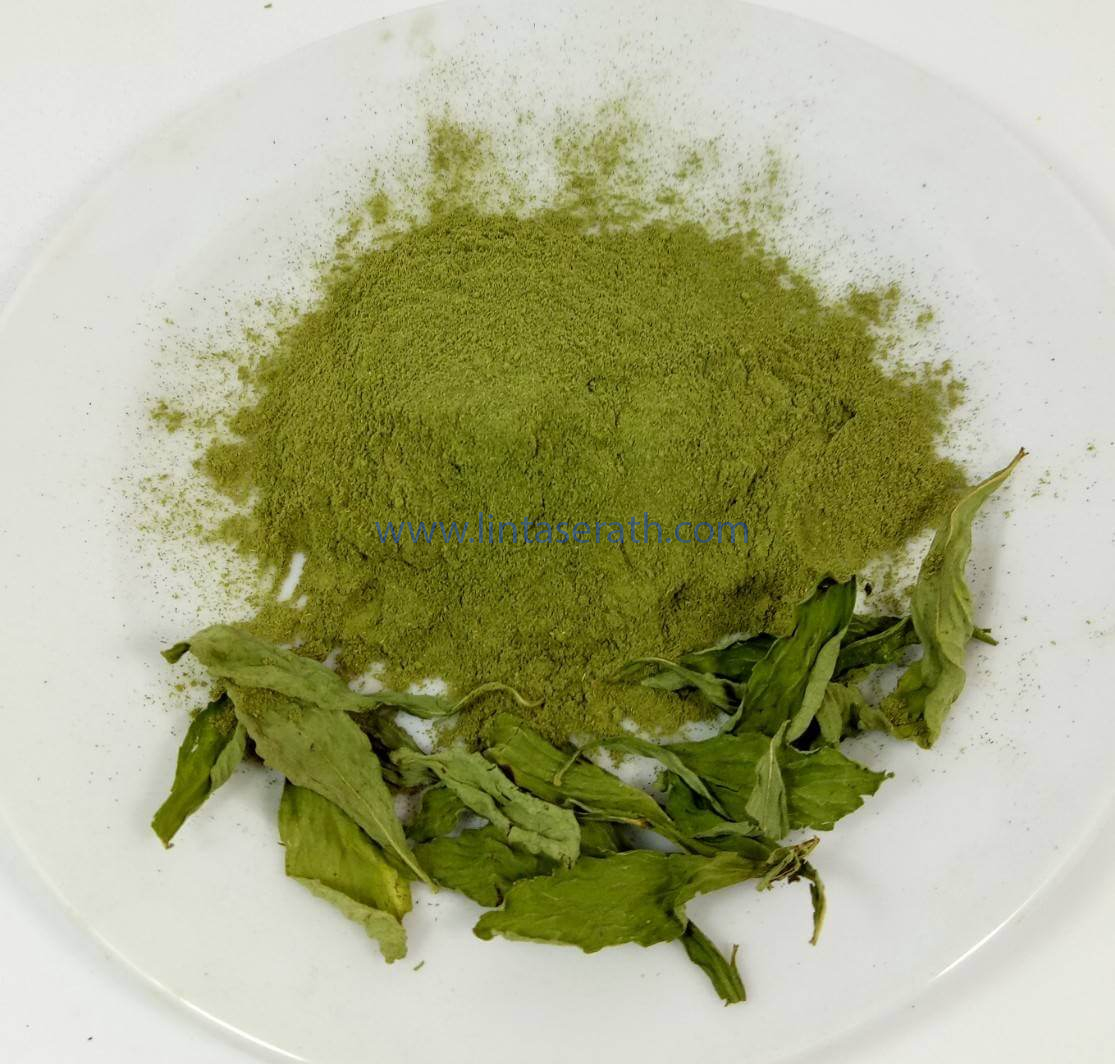The topic of stevia is quite vast as there are so many things to discuss and take an insight into. Let’s take an example of organic stevia leaf vs. stevia extract; we know stevia is supplied in various forms like; powder, dried leaf, stevia extract, and raw stevia. Each has a different application, and so does the result.
So, first, let’s discuss the difference between organic stevia leaf and stevia extract.
Difference between Stevia Leaf & Stevia Extract
Stevia leaf is organic and is 30 times sweeter than cane sugar. It is green in appearance and is not entirely water-soluble, meaning that some of it will float in your beverage. The organic dried stevia suppliers have high demand in the market because what they supply is an organic product, rather than something used in extract percentage,
Dissimilar to natural stevia removal, it is more vulnerable, truth be told, more in its unadulterated state, as the ground-up stevia leaf is utilized in a further interaction to make stevia separate. A 100g of natural stevia leaf can season around 6kg of most unflavored protein powders. In contrast, a 100g of stevia extract can spice about 40-60kg of unflavored protein powder.
On the other hand, stevia extract is a premium grade, organic, and concentrated leaf powder. It is white by all accounts and is water-dissolvable, and is around multiple times better than a refined sweetener.
Stevia extricate has at least 60% Rebaudioside A, the best piece of the stevia plant; hence, there is almost no harshness delayed flavor impression. You can taste more of it in the stevia leaf.
Pros & Cons of Stevia
We all know that artificial sweeteners aren’t good for health generally, but stevia is different and approved to take as a sugar substitute for health; why? Because stevia is entirely natural.
It is an herb, and now ancestors have access to stevia because of its taste. A tiny amount of stevia is enough to make your food sweet, as it’s actually 200 to 300 times sweeter than sugar. The small amount of stevia doesn’t seem to spike insulin, and it’s far better than sugar and other artificial sweeteners.
However, the only flaw of stevia is its bitter taste after consuming it. Yes, stevia can damage your taste buds in the long run because it elevates your dopamine whenever you eat something sweet. It makes you feel good, and when you eat some regular food, some natural food, it doesn’t elevate your dopamine as much, and you expect the dopamine spike to be there.
This makes people crave bad food; this makes people crave hamburgers, sugar and makes you appreciate the natural food, the broccoli less.
According to scientific study, the following is the detail of what possible adverse effects stevia can have on the human body;
Diabetes – Some early research suggests that taking 1000 mg daily of stevia leaf extract might reduce blood sugar levels after eating by a small amount in people with type 2 diabetes. But other research shows that taking 250 mg of stevioside, a chemical found in stevia does not decrease blood sugar three times daily after three months of treatment.
High blood pressure – Does stevia affect blood pressure or not? That’s not concluded yet, but according to few research, taking 750-1500 mg of (stevioside, a chemical compound in stevia) can reduce the upper number in a blood pressure reading) by 10-14 mmHg, diastolic pulse (the lower number) by 6-14 mmHg.
Nevertheless, according to other suggested studies, taking stevioside if doesn’t result in reducing blood pressure, so it often leads to;
- Cardiac issues
- Weight loss
- Heartburn

